Matiz
Maybe it's too late to start telling the personal experience of when the ETA statement came out, but, as José Luis says, I also feel the obligation to talk about it, if it's just to follow its line, and I don't think it's any other way to start, and I think it's a proper point to come back, I'm going to tell you why.
At the time of departure, I was overcome by the indifference to which Beñat referred, probably due to the selfish laziness that the subject brings me, but when the news was confirmed, I began to be content with the intensity that was growing logaritically, reimmersing myself in the collective emotion that can be achieved in the West, thanks to ETA. It took me a few minutes to get to that silence that José Luis was talking about, and of course I was sad, and suddenly I compared red wine with another sense. Outside Euskal Herria, sending messages to a friend who, like me, made the island in the living room, we entered a situation of depressive maniac nothing heroic, of joy to sadness, which brings us from laughter to some tear, when another got home and saw me radio, television and the computer going on, drinking wine and sitting on the ground, “perurbador”. And I almost drove him out of the house because of the rationality he put on the subject; Beñat, far from that struggle of suffering that you were talking about, at least in a couple of houses in Madrid, we ended up celebrating a kind of liberation from sadness. One of the agents that was hard to rationalize and justify, to position, to measure, and we felt a lot of blame, to anger, to regret, to fear, to remember...
Then electoral propaganda has continued, in Spain, in Euskal Herria, which expects a lot of votes, which has erased the acronyms and voted for the target group, which has emerged a glimmer of acronyms or has been hit more by the polls. The parties represent us carelessly, they cannot refer to the nuances of each of the biographies of what is dedicated to the collective. The future is what expects, but the past is what is called by itself, Amaiur carries it in the same name, Iñigo Urkullu talked about the abolition of the exits and the PSOE of the longevity of its acronyms (and Alfonso Guerra and Felipe González in Dos Hermanas! ). And as some have pointed out, they started immediately as far as we are concerned (what is the matter itself? ). ), about the story, what they want to tell suddenly, and so looking back, the futures.
Perhaps the narrators, because they rarely announce what comes upon us so clear, it is seldom easier to be compromised than when we are so clearly given the nuances of narration that we have to break; after the elections we will see the power that each party will have, as the polls give clues, in Spain, in Euskal Herria, to turn their narrative into a collective destiny. Let's see if they also know how practical and if you breathe the mourning, the story. And so I said at the beginning that I would come back, in those minutes after the communication, in which we felt contradictions, before those one-way conversations that begin in the future, in an intimacy that was nothing more than each one. Denial and forgetfulness does not calm, now pain, when it is nothing more than that, we should look ahead, each with its contradictions and greed, when they no longer have irreversible consequences.









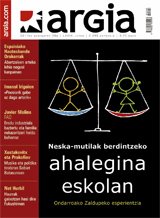

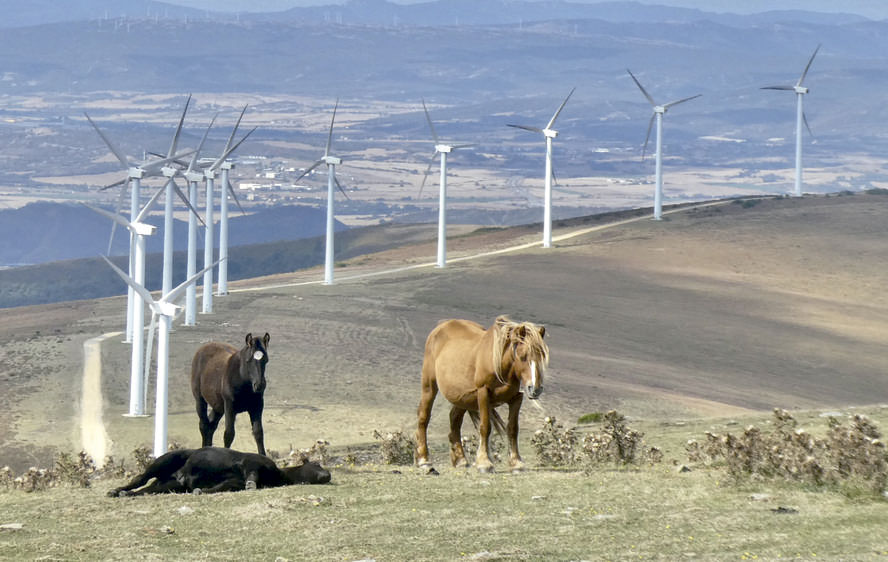

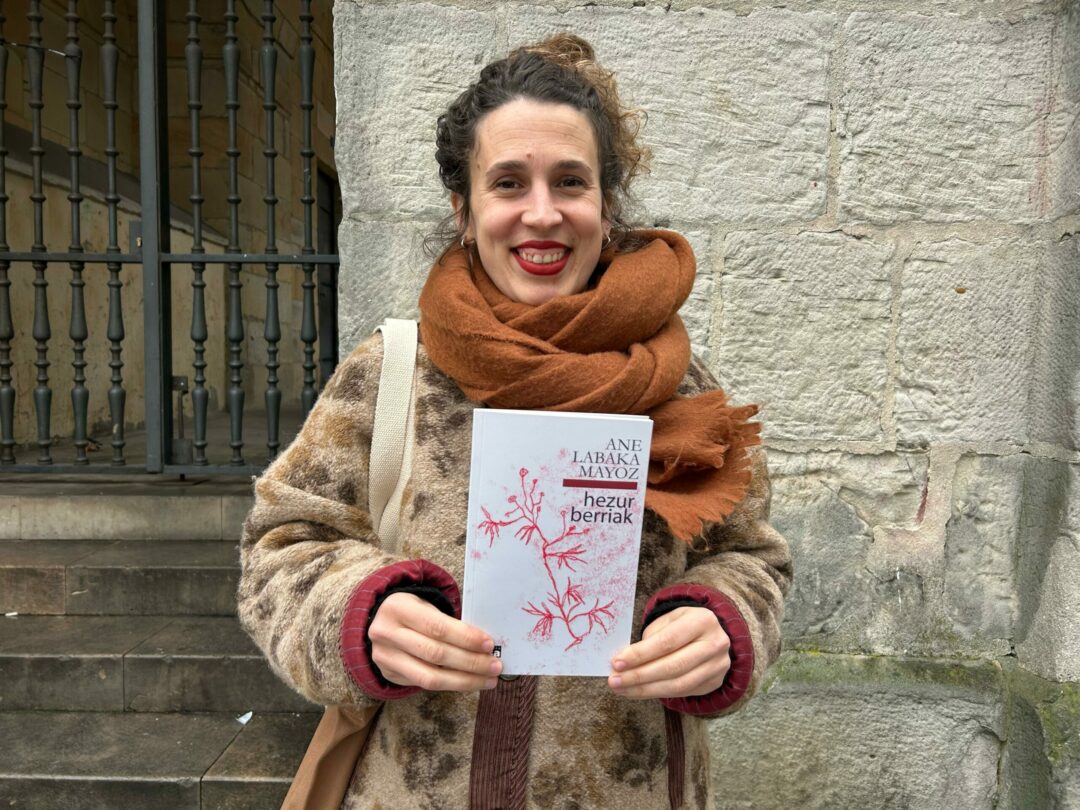

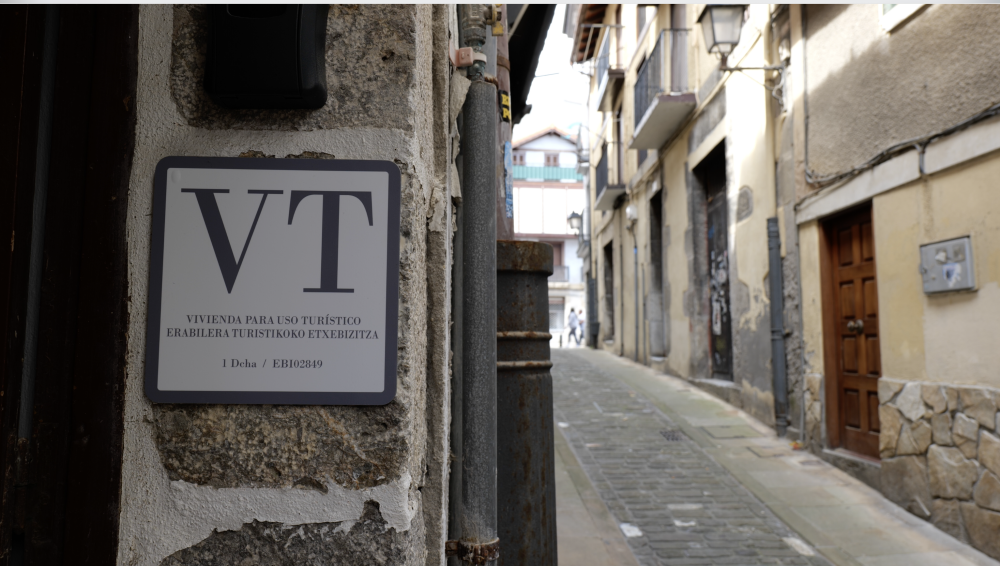
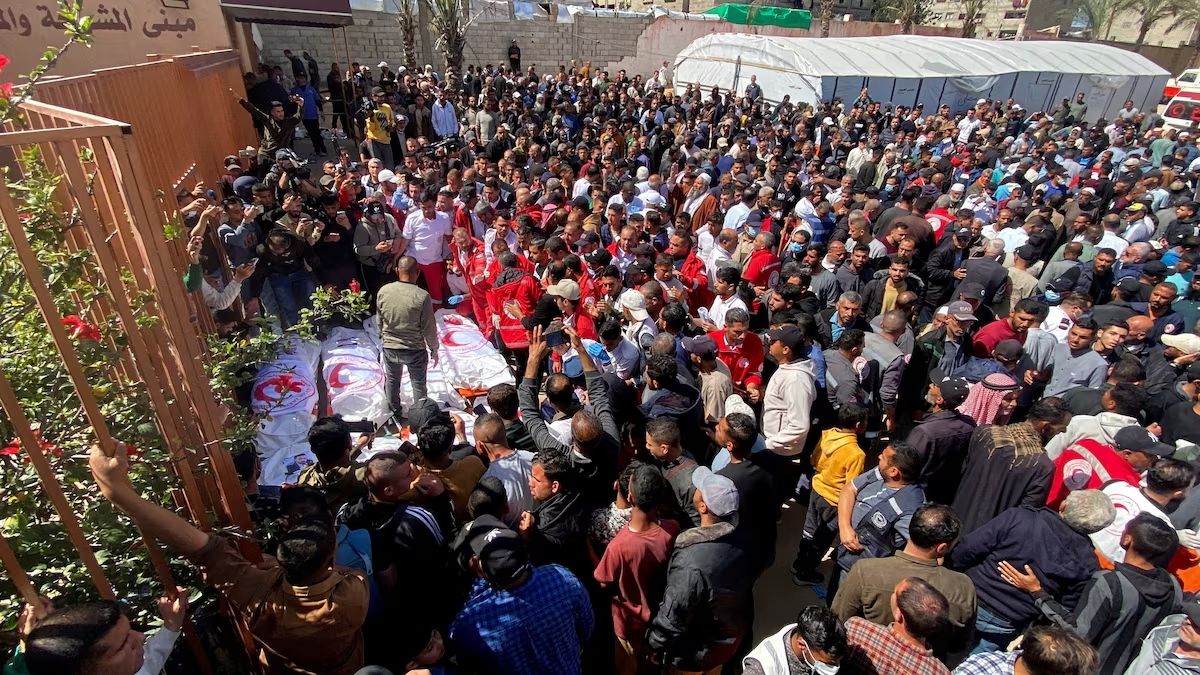

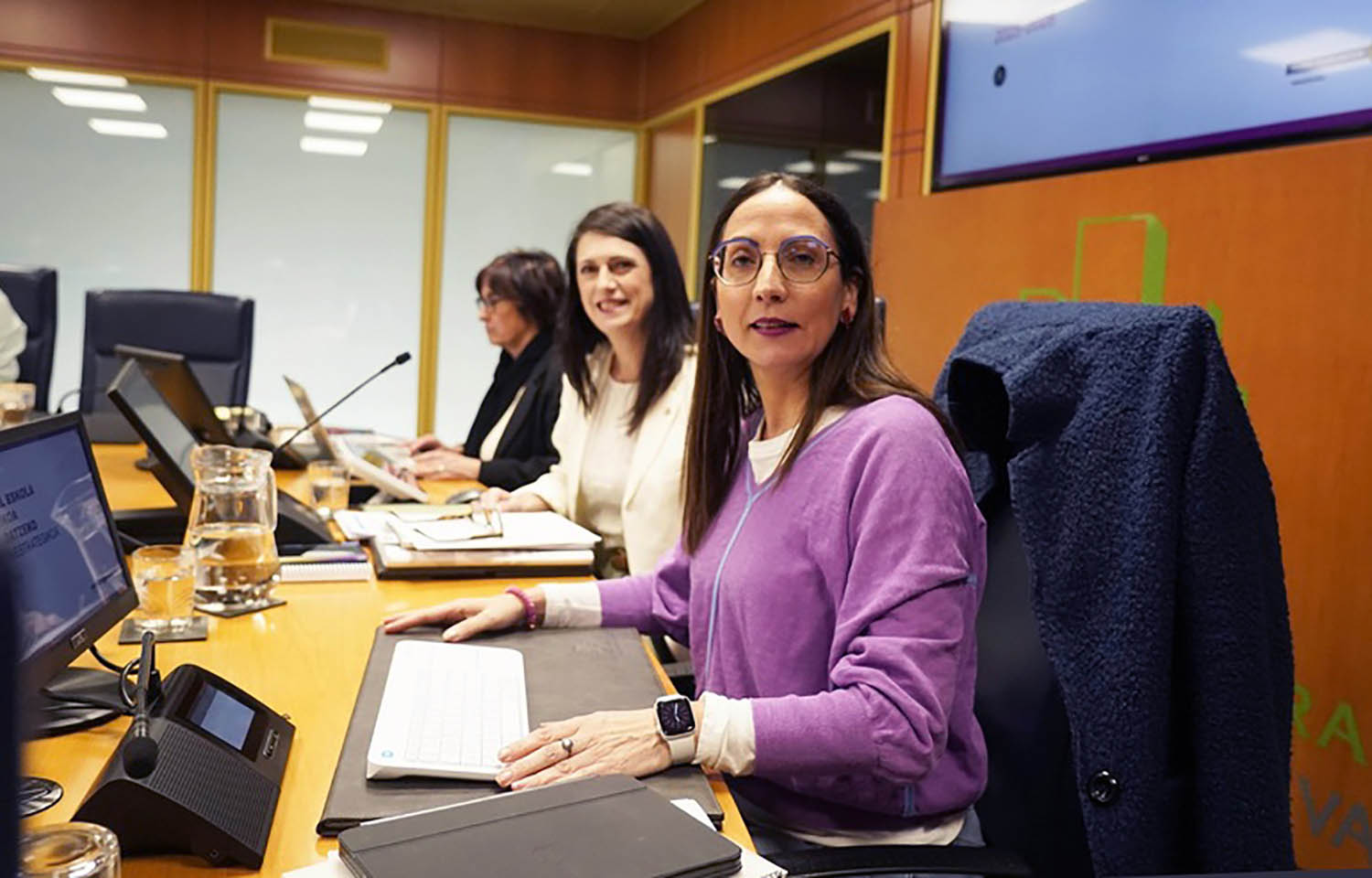

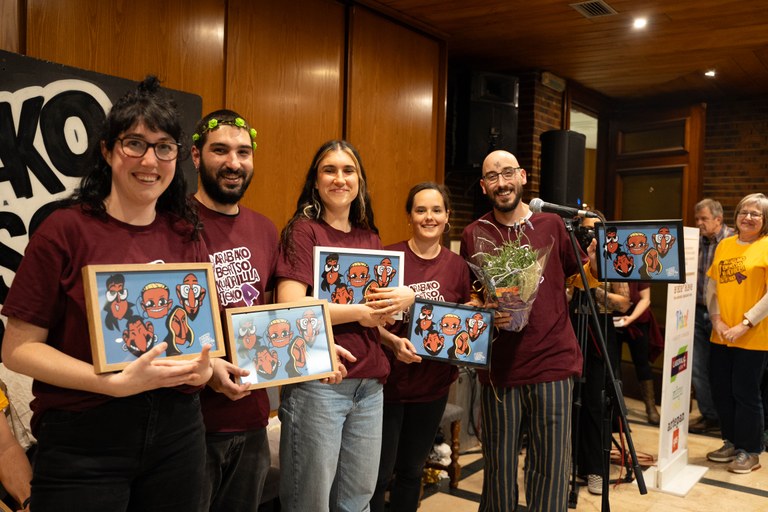
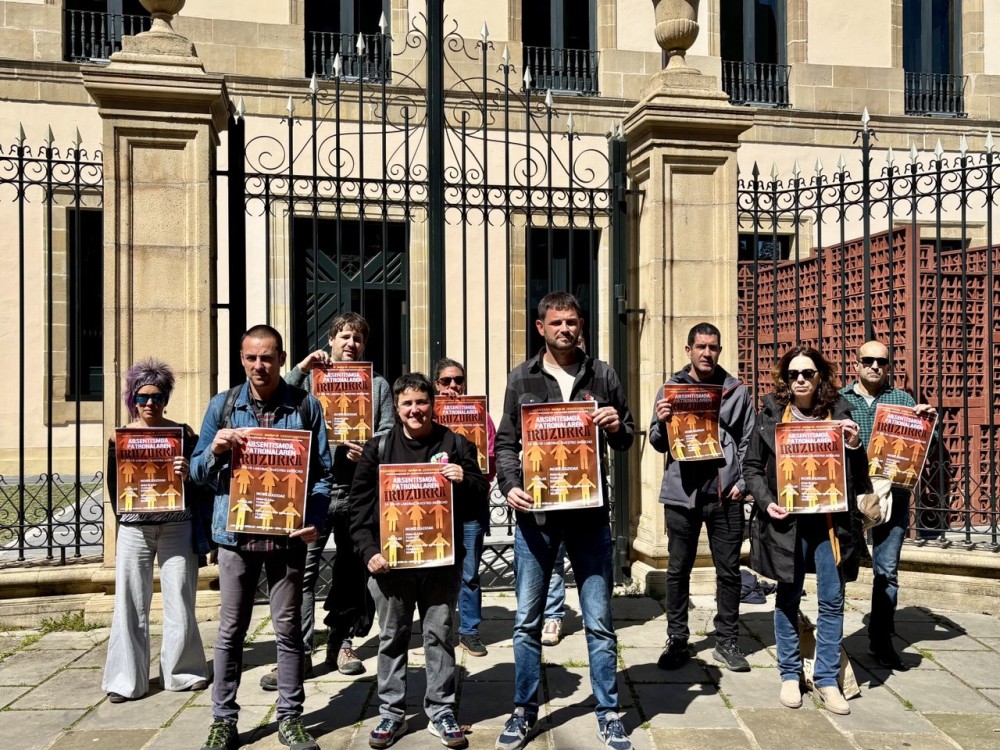

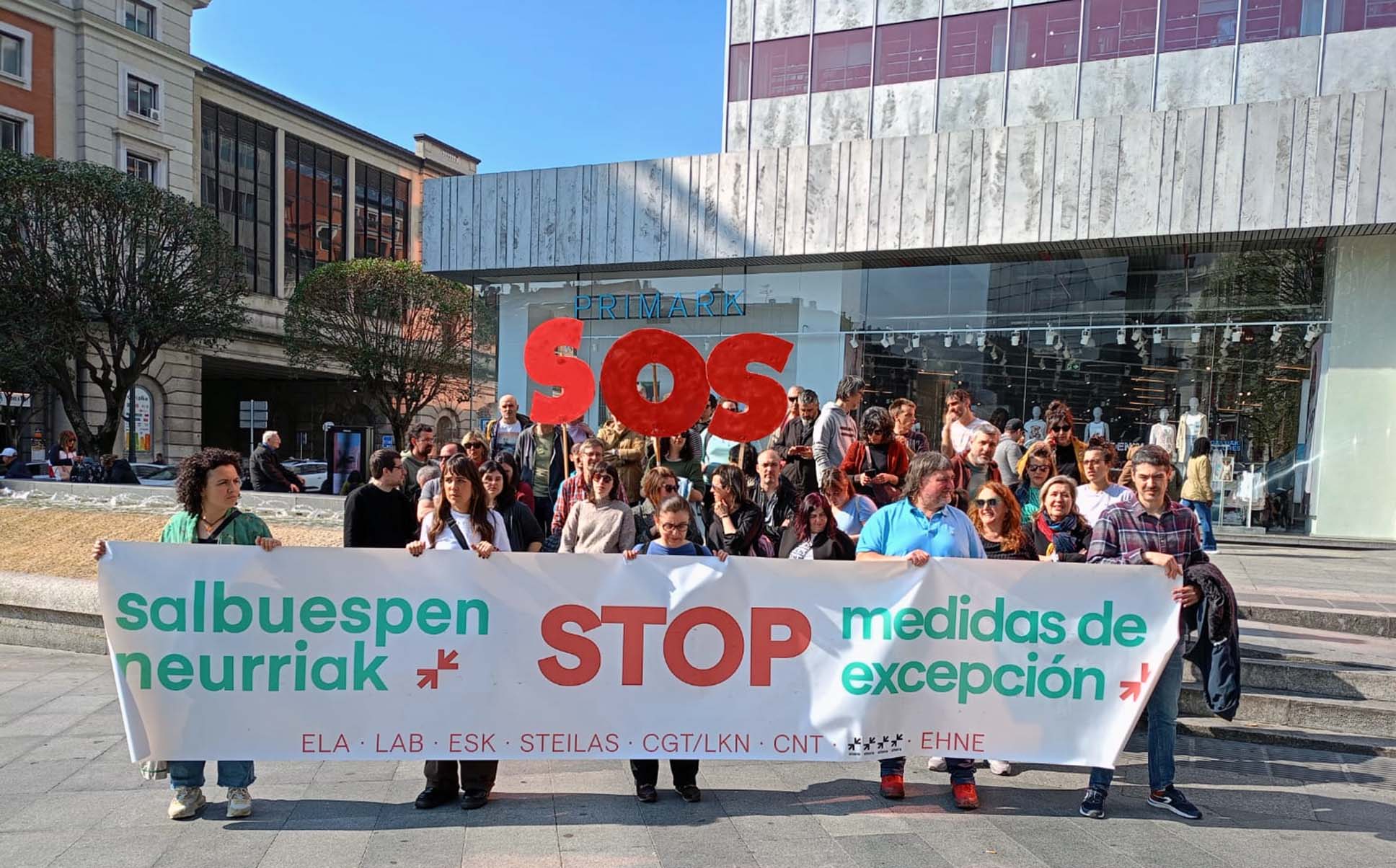
.jpg)